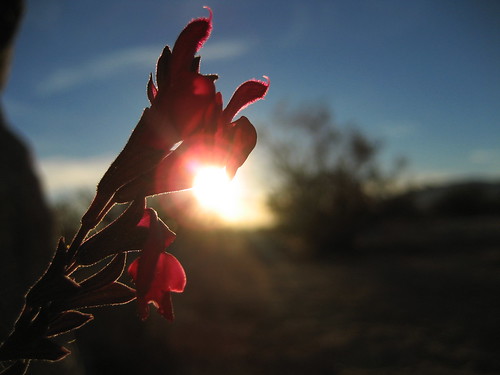
In Being Dharma, Ajahn Chah gives us a wonderful practice that can truly set us on the right path as we begin the new year. He says,
When you put your head on the pillow [each night], contemplate the in and out breath. Think to yourself, How about that--tonight I am still breathing! Tell yourself this every day. You needn't do a lot of chanting and recitation. "Am I still breathing?" You wake up in the morning and think, Hey, I'm still alive! The day passes, the night comes again, and you ask yourself once more. Ask yourself, "If I lie down, will I get up again?" ... Day after day, you have to do this. If you keep at it, things will come together and you will see. You will see the truth of what is taken to be self and others. You will see what is convention and supposition. You will understand what all these things really are.
I read this practice on my way in to work on the train, and it immediately hit me--how often do I really show appreciation for life? The Buddha uses the simile of a sea turtle who lives in the ocean and comes up for air once every couple years. Floating in the ocean is a life preserver. It just floats on the water's surface, being pulled this way and that by the currents. It is said that the likelihood of a human birth is the same as the probability that our friend the sea turtle will come up for air and just happen to poke his head directly through the opening in the life preserver. It is a great blessing to have this human life. As we start the new year, each new morning, notice that you're still breathing and give thanks for the opportunity to continue practicing this day. Each evening, notice that your breath is still flowing in and out, and acknowledge your blessing. Allow sleep to come as you mindfully follow your breath. Such a simple practice, but it has such profound effects.
Merry Christmas and Happy Holidays to everyone!





